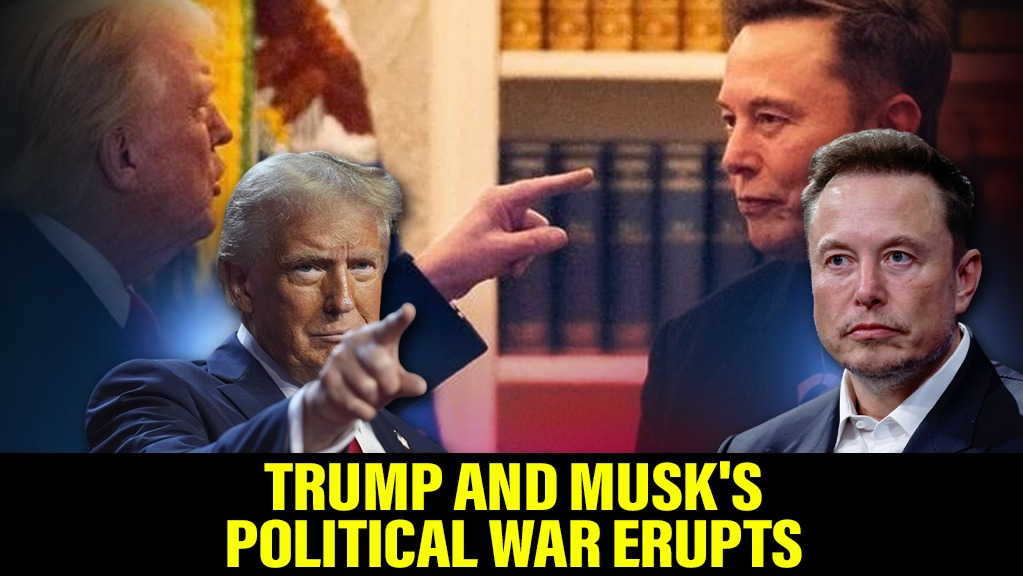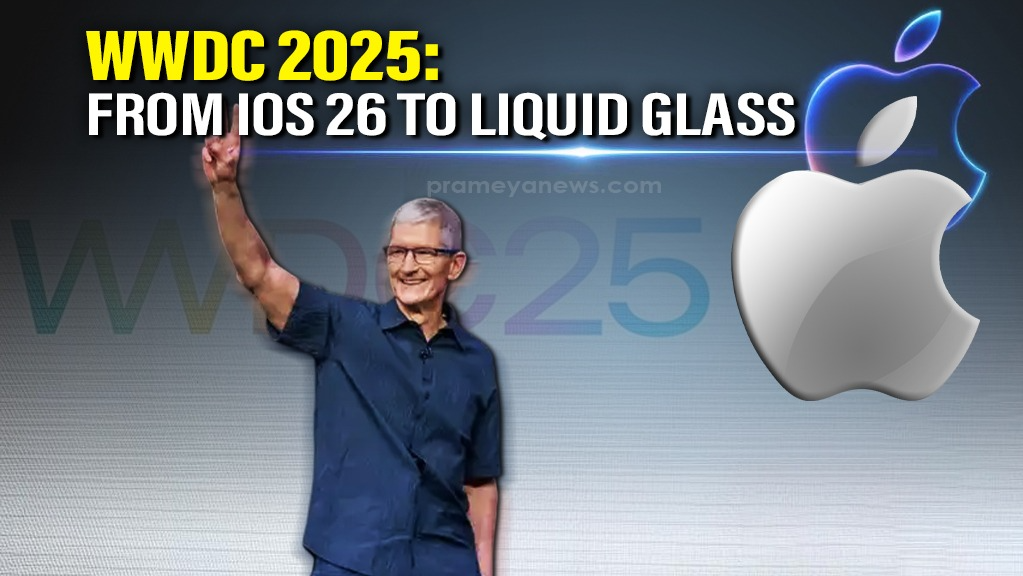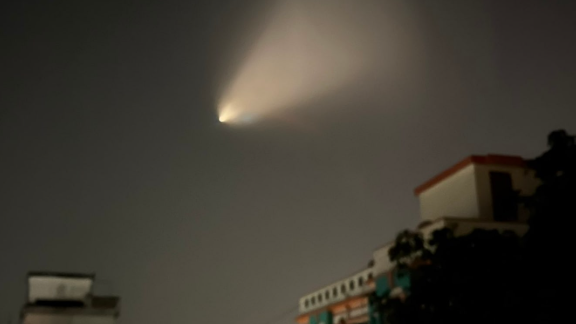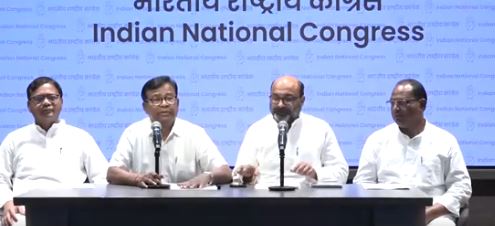When Titans Collide: How the Alliance Disintegrated
What began with a presidential shoutout hailing a "super genius" has ended in a spectacular public feud, threatening to unravel a political alliance that once seemed poised to reshape Washington. In less than six months, the powerful partnership between President Donald Trump and tech mogul Elon Musk—forged in campaign trail fervor and cemented in the White House—has spectacularly imploded. The fallout, driven by policy disputes and a clash of colossal egos, has rocked both political and financial markets, offering a stark lesson in the volatility of power.
Join Us on WhatsApp for Breaking News in English
The alliance was born during the final, intense months of the 2024 presidential campaign. Musk, unable to run for office as a naturalized citizen, embraced the role of kingmaker with gusto. He invested a reported $100 million and his considerable social media influence to support Trump's return to the presidency. His transformation was total, culminating in appearances at rallies where he donned a "Make America Great Again" hat and declared himself "dark MAGA." Trump, recognizing the value of such a powerful and media-savvy ally, welcomed him into his inner circle. On election night, Musk was at Mar-a-Lago, an honored guest celebrating the victory he helped secure.
Following the inauguration, the partnership blossomed publicly. Musk was appointed to lead a new Department of Government Efficiency (DoGE), tasked with his signature mission of slashing federal waste. In a joint Fox News interview in February 2025, their rapport was palpable, with Musk declaring his "love" for the president and Trump lauding him as a peerless intellect. Musk became a fixture in the administration, traveling on Air Force One and attending Cabinet meetings, seemingly insulated from any concerns about conflicts of interest between his government role and his vast business empire.
However, the foundation of this formidable alliance soon showed signs of stress. Musk's tenure at DoGE, characterized by grand gestures like wielding a chainsaw to symbolize cutting spending, yielded results far more modest than his promises. While he was engrossed in politics, his businesses, particularly Tesla, faced significant market pressure and a 33% stock decline between December 2024 and May 2025. The first significant personal slight reportedly occurred during a diplomatic trip to the Middle East in May, where Musk felt sidelined and was seen waiting in line to greet the president—a stark departure from his previous "first buddy" status. By the end of May, he had exited the administration, though the two publicly maintained their friendship.
The fragile peace shattered in early June. The catalyst was Trump's signature domestic spending and tax-cut bill. Musk, the self-professed champion of fiscal responsibility, publicly condemned the legislation as a "disgusting abomination" that would dangerously inflate the national debt. After two days of silence, President Trump fired back. In an Oval Office press conference, he expressed his "disappointment" in Musk and insinuated the opposition was tied to the bill's elimination of electric vehicle tax credits and Musk's personal frustration after leaving the administration.
This opened the floodgates to a ferocious public war of words. The key points of contention that fueled the final breakup were:
The Spending Bill: Musk’s aggressive public campaign to "KILL THE BILL" directly challenged Trump's core domestic policy achievement.
Electric Vehicle Tax Credits: Trump claimed Musk's opposition was self-serving, tied to the removal of subsidies beneficial to Tesla. Musk vehemently denied this, stating he was never shown the bill.
NASA Leadership: Trump withdrew the nomination of Jared Isaacman, Musk’s choice to lead NASA, publicly labeling him a Democrat and further alienating Musk.
Clash of Egos: Ultimately, the dispute devolved into a personal battle for dominance, with Musk tweeting "Without me, Trump would have lost" and Trump threatening to terminate all of Musk's lucrative government contracts with companies like SpaceX.
















































